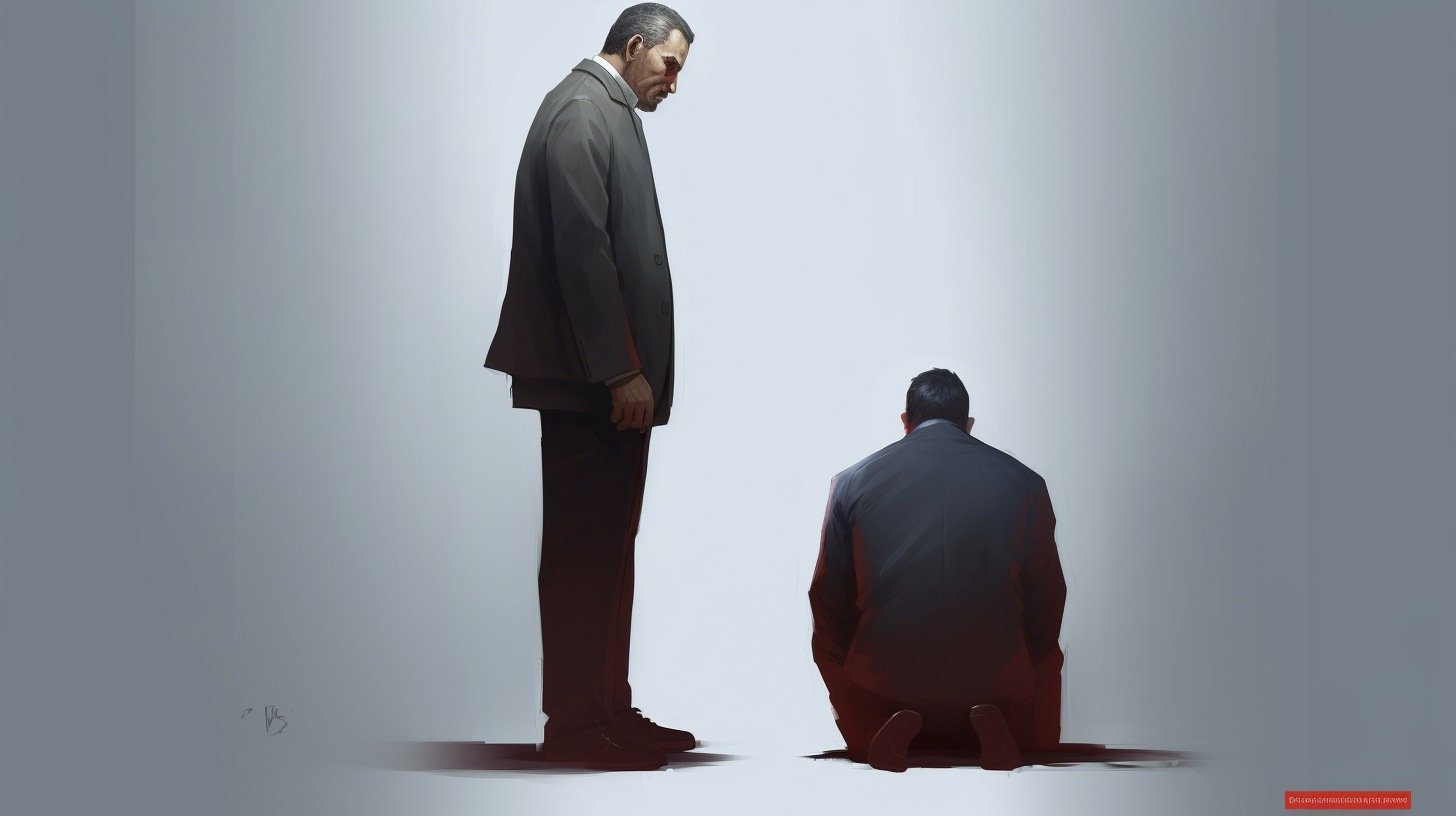5 Painful Truths About Addiction That You Should Know
Table of Contents Show
In the labyrinth of life, addiction emerges as a monstrous beast that consumes the essence of existence, leaving behind a trail of desolation and despair. It is a shadowy figure that lurks in the corners of society, often misunderstood, frequently stigmatized, and rarely confronted with the brutal honesty it demands.
This discourse aims to shed light on the five painful truths about addiction, truths that society often shies away from. They are as follows:
1. Addiction is a Disease, Not a Choice
The first painful truth we must confront is that addiction is not a choice, but a disease. It is a complex malady of the brain and body that compels the use of one or more substances, despite the severe health and social consequences. It is not a sign of moral failure or lack of willpower, but a chronic illness that requires medical intervention.
Consider the tragic tale of Edgar Allan Poe, a literary genius whose life was marred by alcohol addiction. His addiction was not a choice, but a disease that ultimately led to his untimely demise.
The same neural pathways that allowed him to create masterpieces of horror and mystery were hijacked by alcohol, leading to a downward spiral from which he never recovered.
2. Relapse is Part of the Process
The second painful truth is that relapse is often part of the recovery process. It is not a sign of failure, but an indication that treatment needs to be reinstated or adjusted. The journey to recovery is not a straight path but a winding road with ups and downs.
Robert Downey Jr., is an extremely talented actor whose career was nearly destroyed by drug addiction. His journey to sobriety was marked by multiple relapses, but each setback was a stepping stone towards his ultimate recovery.
Today, he stands as a beacon of hope for those struggling with addiction, a testament to the fact that relapse is not the end, but a part of the journey.
3. Addiction Affects More Than Just the Individual
The third painful truth is that addiction's tentacles reach far beyond the individual. It affects friends, family, and society as a whole, leading to broken relationships, financial difficulties, job loss, and legal problems.
The societal impact of the opioid crisis in the United States has been devestating. It is not just the individuals who are addicted to opioids who suffer, but their families, their communities, and society as a whole.
The economic burden of the opioid crisis is estimated to be over $1 trillion, a staggering cost that underscores the far-reaching effects of addiction.
4. Recovery is Possible, But It Takes Time
The fourth painful truth is that recovery is possible, but it takes time. It is a long process that often involves setbacks and requires significant personal commitment, along with support from healthcare professionals and loved ones.
Remember the story of Elton John, a world-renowned musician who battled drug and alcohol addiction for many years. His journey to recovery was not easy or quick, but with time, commitment, and the right support, he was able to overcome his addiction and continue his successful career.
5. Addiction Can Be Prevented
The final painful truth is that addiction can be prevented. By understanding the risk factors for addiction, steps can be taken to reduce those risks. Early intervention can prevent substance use disorders from developing in the first place.
An example of such a concept has been the success of prevention programs such as the Icelandic Model, which has significantly reduced substance abuse among teenagers in Iceland. By focusing on risk factors and implementing community-based interventions, it is possible to prevent addiction before it takes hold.
Conclusion
In conclusion, these five painful truths about addiction serve as a stark reminder of the complexity and severity of this disease. By confronting these truths head-on, we can begin to dismantle the stigma surrounding addiction and pave the way for more effective prevention, treatment, and recovery strategies.
The beast of addiction may be formidable, but it is not invincible. By shining a light on these painful truths, we can navigate the labyrinth and find our way to hope and healing.
























